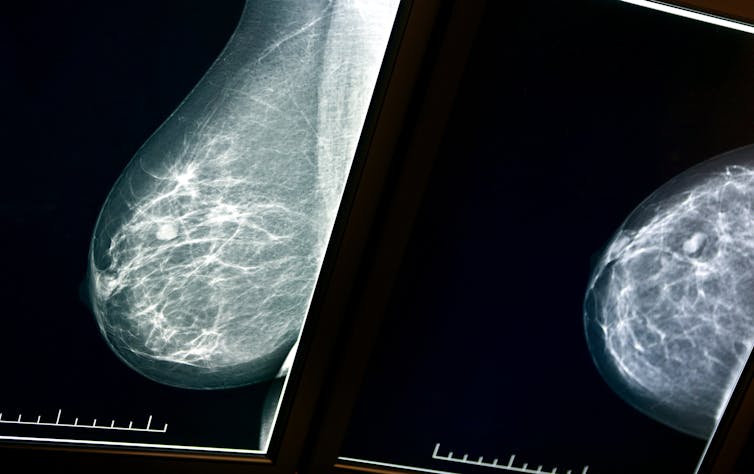Latest news
Search news stories
Enter a keyword to search news.
Introduce eggs and peanuts early in infants’ diets to reduce the risk of allergies
In the 1970s, when we were in school, food allergies were rare. But Australian children now have the highest rate of food allergy in the world. Up to one in ten infants and two in ten school-aged children have a proven food allergy.
[Read more about Introduce eggs and peanuts early in infants’ diets to reduce the risk of allergies]
Could assisted reproduction reduce birth defects for older women?

Babies born to women aged 40 and over from assisted reproduction have fewer birth defects compared with those from women who conceive naturally at the same age, according to new research from the University of Adelaide.
[Read more about Could assisted reproduction reduce birth defects for older women?]
Watch video: The short and long-term implications of late preterm and early term birth
Professor Jonathan Morris presented the third in the series of Robinson Research Institute / Women’s and Children’s Hospital co-hosted Grand Rounds on the topic: The short and long-term implications of late preterm and early term birth.
Breast density matters in detection of breast cancer

Almost 8% of women have extremely high breast density, which can make it harder for health professionals to detect breast cancer on a screening mammogram. These women are also more likely to develop breast cancer in the future.
[Read more about Breast density matters in detection of breast cancer]
Watch video: Lloyd Cox Memorial Lecture
We were thrilled to welcome Professor Fiona Stanley (AC, FAA, FASSA) to the RRI to present the annual Lloyd Cox Memorial Lecture on the topic: Before the Bough Breaks – Data and research to guard our children’s future.
Steroid treatment for IVF problems may do more harm than good

Researchers at the University of Adelaide are urging doctors and patients to refrain from using a specific steroid treatment to treat infertility in women unless clinically indicated, because of its links to miscarriage, preterm birth and birth defects.
[Read more about Steroid treatment for IVF problems may do more harm than good]
New technique takes guesswork out of IVF embryo selection
Researchers at the University of Adelaide have successfully trialled a new technique that could aid the process of choosing the “best” embryo for implantation, helping to boost the chances of pregnancy success from the very first IVF cycle.
[Read more about New technique takes guesswork out of IVF embryo selection]

